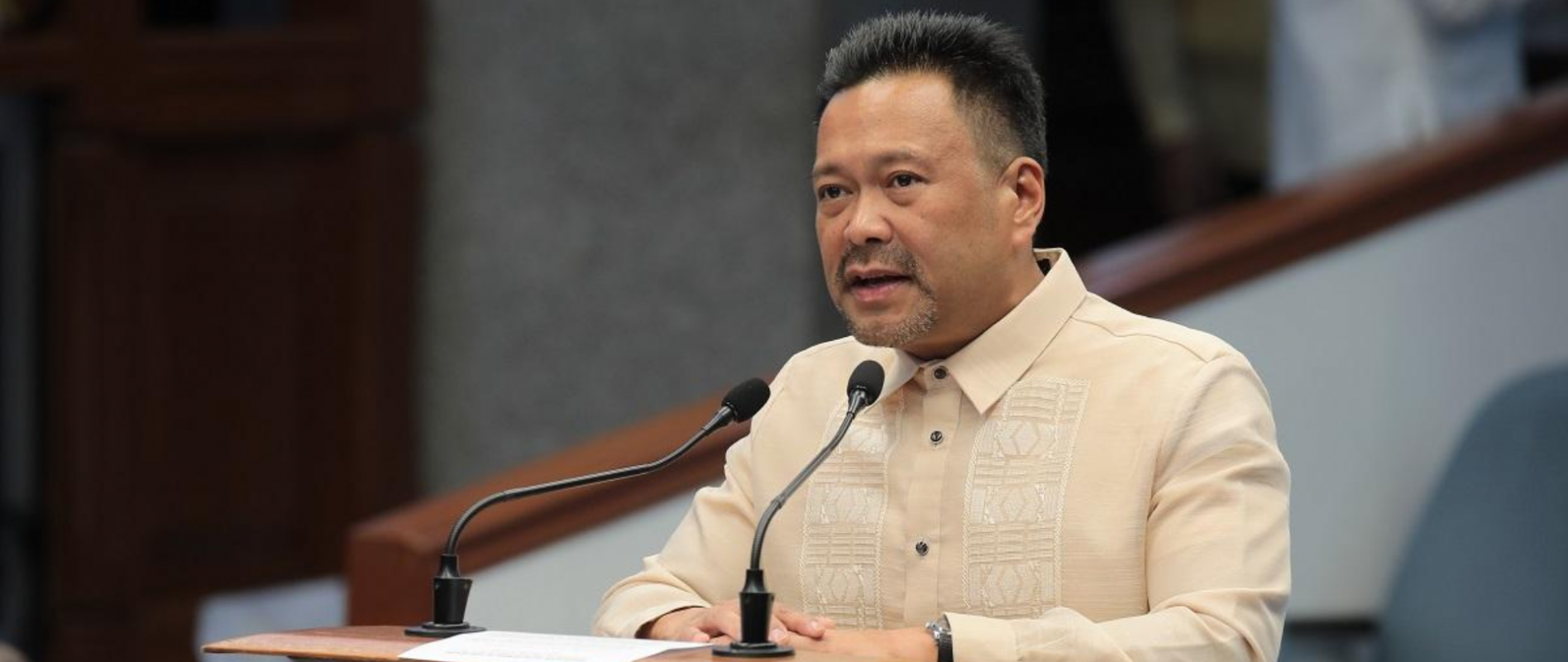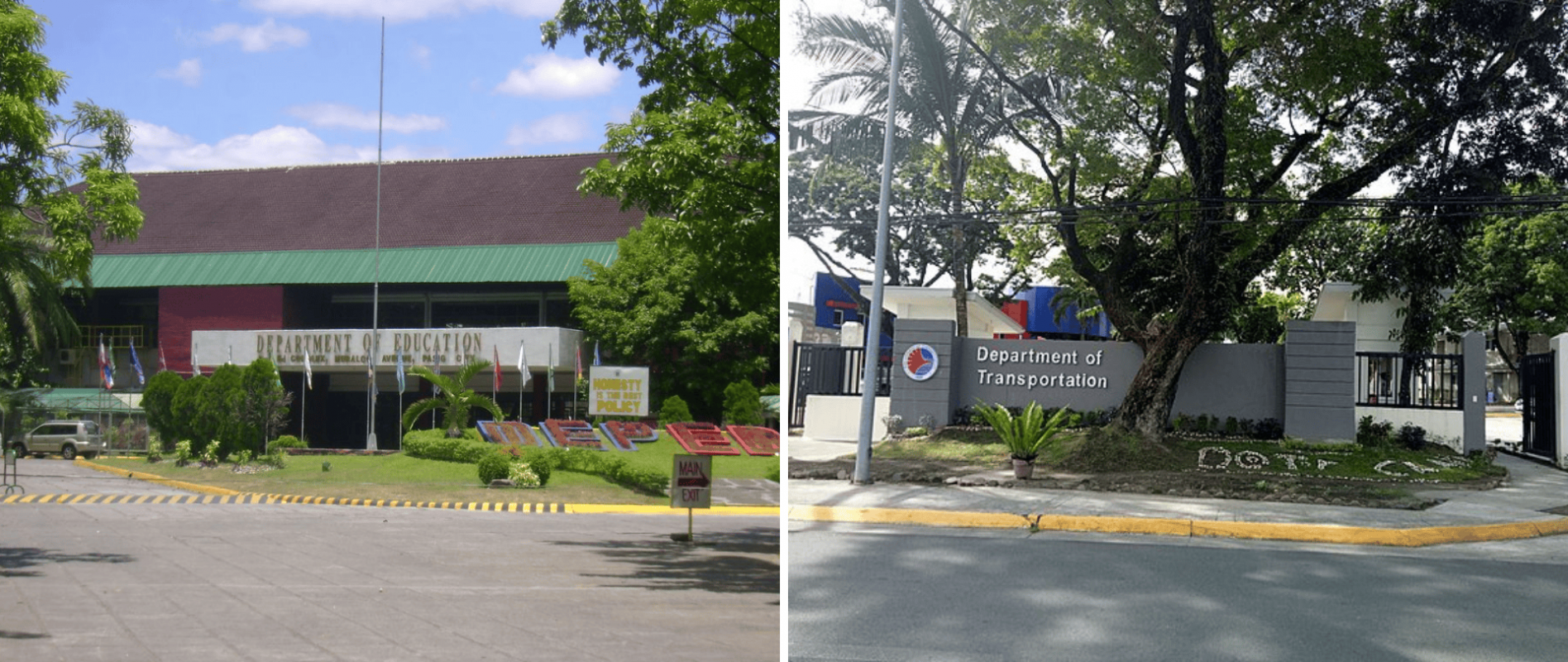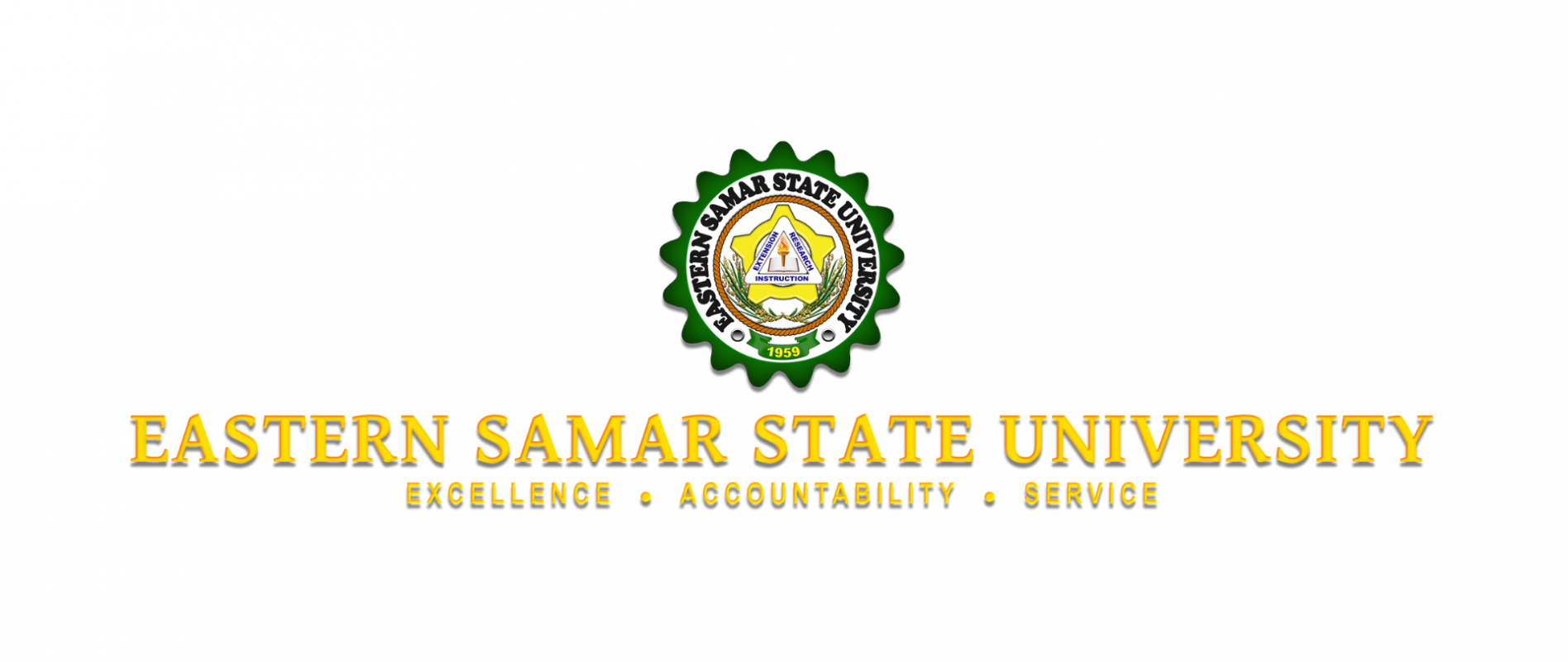EDCOM 2 PARTNERS WITH DSWD TO COMBAT MALNUTRITION AND STUNTING AMONG CHILDREN
THE SECOND Congressional Committee on Education or EDCOM 2 has partnered with the Department of Social Welfare and Development in combating malnutrition and stunting among children.
THE SECOND Congressional Committee on Education or EDCOM 2 has partnered with the Department of Social Welfare and Development in combating malnutrition and stunting among children.
EDCOM 2 members met with DSWD Secretary Rex Gatchalian to discuss government efforts for the program for children.
Joined by PIDS President Dr. Aniceto Orbeta, Senior Research Fellow Dr Valerie Gilbert Ulep and nutrition expert Dr Maria Asuncion Silvestre, EDCOM 2 and DSWD discussed issues and challenges concerning implementation of feeding programs and other government interventions to address malnutrition, and how these translate to improved nutrition of children especially those under five years of age.
“We face glaring problems in education as reflected in our Year One report, and yet, we are underinvested in the most important years. We want to explore how DSWD and EDCOM 2 can work together and streamline our efforts to improve early childhood care and development which is fundamental in any effort to combat learning poverty in our country,” EDCOM 2 Executive Director Karol Mark Yee said.
For his part, Senator Sherwin Gatchalian said several studies already showed that the failure to provide adequate nutrition during the early stages of life would impact a child’s learning and earning capacity in adulthood.
“We must introduce nutrition interventions at the earliest possible opportunity to build a child’s strong foundation, and we should be able to do this with support from our local government units,” Gatchalian said.
Studies show that malnutrition can hinder the complete physical and development potential of children. Its effect on academic performance has long been established, and may also have lasting effects on cognitive development of learners.
Evidently, the 2022 Programme for International Students Assessment results indicate that learners in the Philippines are five to six years behind the average learners, ranking among the lowest in reading, mathematics, and science across 81 countries.
Among the efforts of the Commission to pursue its mandate to conduct a comprehensive assessment of the Philippine education sector, EDCOM 2 has partnered with various national and international organizations, local civil organizations, universities, and research centers to undertake data-driven research studies.














